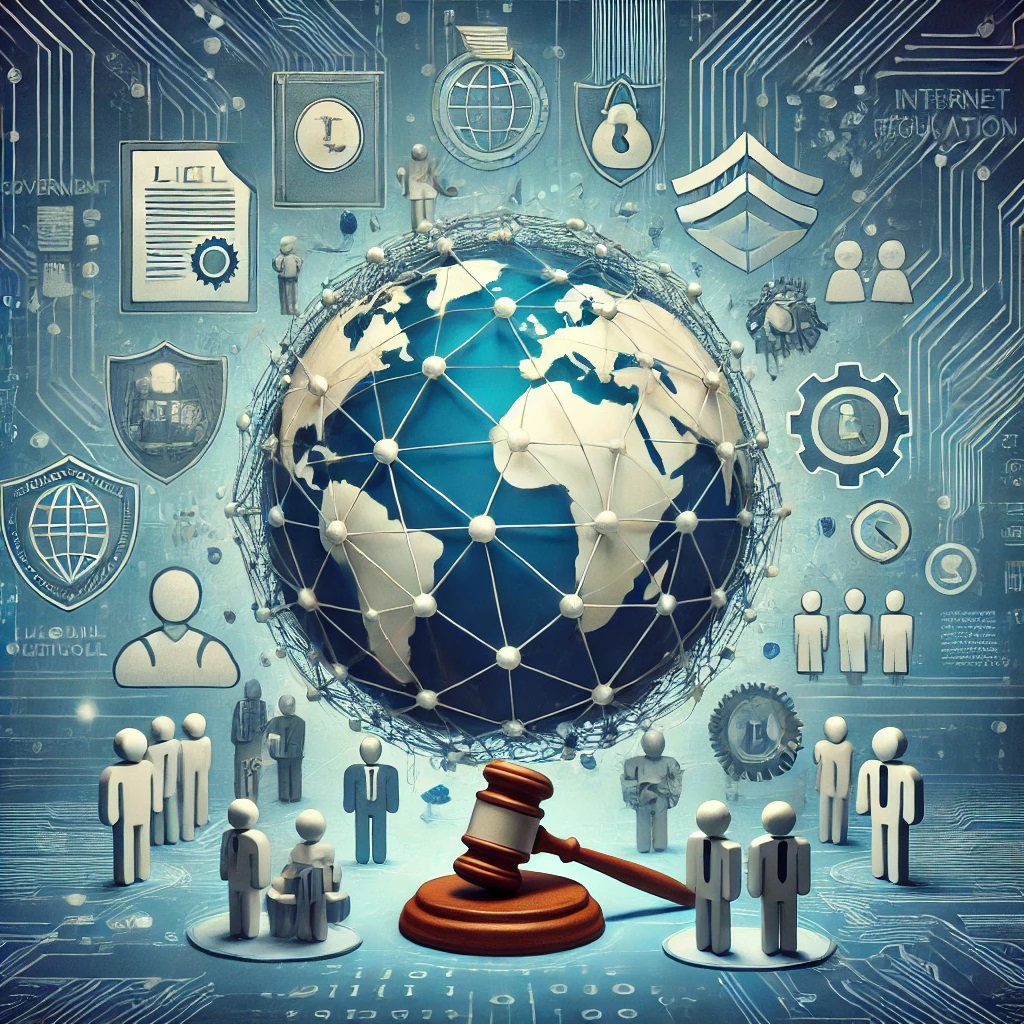
As a Compliance Consultant, the new AI regulatory developments require businesses to restructure governance models and implement risk-mitigation strategies. Below is an analysis of how specific AI use cases might be affected and what organizations should do to stay compliant.
1. AI in LegalTech & Contract Automation
Impact:
- AI-driven legal assistants (e.g., Harvey AI, Lexis+ AI) will need greater transparency in legal reasoning.
- Automated contract analysis tools must comply with explainability standards to ensure non-biased recommendations.
- AI-based dispute resolution could face challenges in enforceability due to lack of human oversight.
Compliance Strategy:
✅ Implement audit logs tracking AI-generated legal decisions.
✅ Train AI models on diverse datasets to avoid biases in contract interpretation.
✅ Ensure human-in-the-loop review for AI-assisted legal opinions.
2. AI in HR & Hiring Processes
Impact:
- AI-driven hiring tools (e.g., HireVue, Pymetrics) must comply with anti-discrimination laws.
- Companies using AI for resume screening, interviews, and employee evaluations may face lawsuits for algorithmic bias.
- New AI transparency laws might require explanations for hiring decisions.
Compliance Strategy:
✅ Conduct bias audits on AI-driven hiring tools.
✅ Provide clear documentation on AI-assisted employment decisions.
✅ Implement opt-out options for candidates who prefer human-led hiring processes.
3. AI in Finance & Algorithmic Trading
Impact:
- AI-based financial predictions and trading algorithms (e.g., BlackRock’s Aladdin) will face new risk assessment regulations.
- AI-driven loan approvals could be challenged for lack of fairness in credit scoring.
- Regulators may require explainability of AI investment strategies.
Compliance Strategy:
✅ Maintain detailed AI model documentation for audits.
✅ Implement real-time AI monitoring for fraud detection.
✅ Align with Basel AI risk-management frameworks.
4. AI in Healthcare & Medical Diagnostics
Impact:
- AI-based diagnosis tools (e.g., IBM Watson Health, Google DeepMind’s AlphaFold) must comply with new medical AI regulations.
- Explainability in AI-driven medical decisions will become mandatory.
- AI-assisted drug discovery may require pre-approval from regulatory bodies (FDA, EMA).
Compliance Strategy:
✅ Develop traceable AI decision logs for medical recommendations.
✅ Train AI models only on certified medical data to ensure accuracy.
✅ Implement risk-assessment frameworks before deploying AI-assisted healthcare tools.
5. AI in Cybersecurity & Fraud Prevention
Impact:
- AI-driven fraud detection (e.g., Darktrace, CrowdStrike) must comply with AI security standards.
- Governments may require AI-based cyber-defense tools to undergo national security audits.
- AI-generated threat intelligence will require human validation before enforcement actions.
Compliance Strategy:
✅ Establish human oversight for AI-driven threat detection systems.
✅ Ensure AI models are trained on ethical cyber-defense datasets.
✅ Regularly update AI security policies to align with new compliance laws.
6. AI in Content Creation & Intellectual Property
Impact:
- AI-generated content (e.g., MidJourney, Sora, ChatGPT) may require mandatory watermarks.
- Copyright holders might sue AI firms for unauthorized use of copyrighted material.
- AI influencers and deepfake-generated ads may require clear disclosures.
Compliance Strategy:
✅ Apply AI-generated content labeling to comply with transparency laws.
✅ Establish licensing agreements with original content creators.
✅ Train AI models on copyright-cleared datasets.
7. AI in Autonomous Vehicles & Robotics
Impact:
- AI-driven self-driving cars (e.g., Tesla Autopilot, Waymo) will be required to pass new AI safety tests.
- Autonomous decision-making in high-risk environments may require liability insurance frameworks.
- Regulations may mandate explainability of AI driving choices in accident cases.
Compliance Strategy:
✅ Implement black-box recording systems to track AI driving decisions.
✅ Establish legal liability frameworks for AI-driven accidents.
✅ Conduct real-world AI safety testing in controlled environments.
How to Prepare for AI Regulations (Compliance Consultant Perspective)
To ensure compliance with these emerging AI laws, businesses should adopt proactive governance measures. Here’s a step-by-step strategy for AI compliance:
🔹 1. AI Risk Assessment & Governance
✅ Establish AI Risk Committees to oversee compliance efforts.
✅ Develop AI impact assessments to measure algorithmic fairness.
✅ Align AI practices with international standards (ISO/IEC 42001 for AI management).
🔹 2. Transparency & Explainability
✅ Implement model explainability tools (e.g., SHAP, LIME) to interpret AI decisions.
✅ Document training datasets and AI biases for audits.
✅ Provide human oversight in critical AI decision-making processes.
🔹 3. Regulatory & Legal Alignment
✅ Monitor updates from EU AI Act, U.S. Executive Orders, and China’s AI rules.
✅ Work with legal consultants to ensure AI compliance in different jurisdictions.
✅ Train compliance officers on AI governance best practices.
🔹 4. Data Privacy & Security
✅ Implement privacy-preserving AI techniques (e.g., differential privacy, federated learning). ✅ Ensure AI models comply with GDPR, CCPA, and global data laws.
✅ Conduct annual AI cybersecurity audits to prevent algorithmic vulnerabilities.
🔹 5. Ethical AI & Corporate Social Responsibility
✅ Adopt AI ethics policies in alignment with global standards.
✅ Ensure AI promotes fairness, non-discrimination, and accessibility.
✅ Partner with regulators and academia for ethical AI research collaborations.
Final Thoughts: The Future of AI Compliance
🔹 AI Regulations Will Keep Evolving – Organizations must future-proof AI compliance strategies.
🔹 Compliance Will Become a Competitive Advantage – Companies with transparent AI governance will gain consumer trust.
🔹 Global Standardization Will Intensify – Firms operating in multiple jurisdictions must harmonize AI policies.